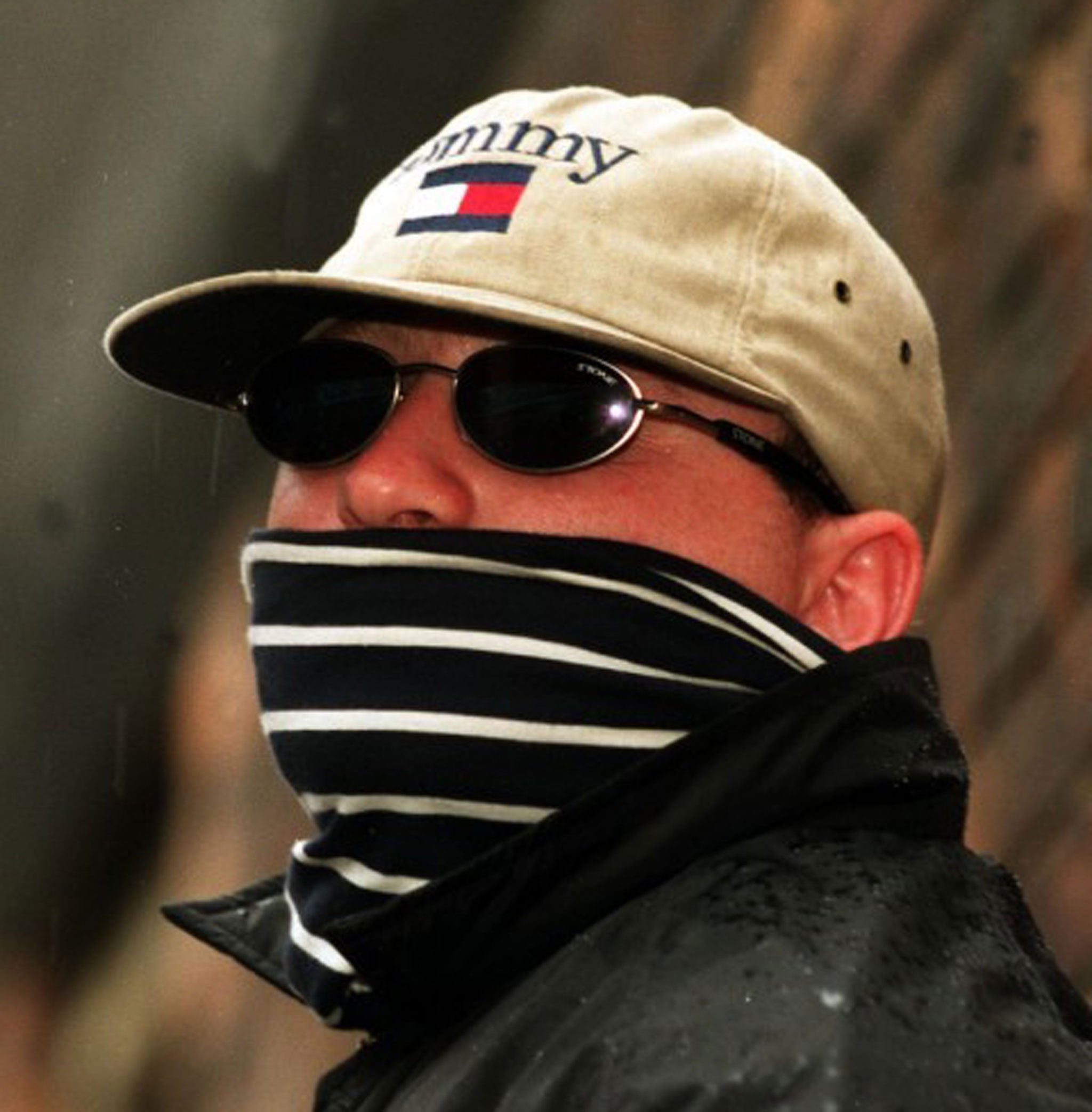MI5 allegedly applies for secret court session after informant sues for being denied protection
Former IRA mole accuses Home Office of cover-up and claims he was denied medical treatment after being shot by IRA hit team

Your support helps us to tell the story
From reproductive rights to climate change to Big Tech, The Independent is on the ground when the story is developing. Whether it's investigating the financials of Elon Musk's pro-Trump PAC or producing our latest documentary, 'The A Word', which shines a light on the American women fighting for reproductive rights, we know how important it is to parse out the facts from the messaging.
At such a critical moment in US history, we need reporters on the ground. Your donation allows us to keep sending journalists to speak to both sides of the story.
The Independent is trusted by Americans across the entire political spectrum. And unlike many other quality news outlets, we choose not to lock Americans out of our reporting and analysis with paywalls. We believe quality journalism should be available to everyone, paid for by those who can afford it.
Your support makes all the difference.MI5 has allegedly applied for a controversial secret court hearing after being sued by a former IRA mole who claims he has been denied medical treatment after being shot in a reprisal attack.
Martin McGartland, originally from west Belfast, has been credited with saving the lives of 50 police officers and soldiers in Northern Ireland as a spy within the IRA providing intelligence to the special branch of the Royal Ulster Constabulary.
He is suing MI5 and the Home Office for failing to support him after he was attacked and repeatedly shot by an IRA hit team who tracked him to a safe house in North Tyneside in 1999.
Mr McGartland has told The Independent that solicitors acting for the Home Office, the government department responsible for the Security Service, have applied to have the matter dealt with by a Closed Material Procedure (CMP) hearing.
At CMPs, due to come into force shortly with the introduction of the Justice and Security Act 2013, claimants must be represented before the judge by special advocates who have been cleared for security. Such a hearing would mean that neither Mr McGartland or his lawyers were able to attend.
Labour, which says CMPs deviate from the “tradition of open and fair justice”, has called for the use of such closed proceedings to be limited unless a judge agrees a fair verdict cannot be reached by any other means.
The Law Society president, Lucy Scott-Moncrieff, has also raised objections to CMPs on the grounds that they undermine the essential principle of justice that all parties are entitled to see and challenge all the evidence placed before the court.
CMPs are seen by the Government as a way of bringing before a judge information which, for security reasons, cannot be revealed in open court.
Mr McGartland said that funding for treatment he was receiving for the post-traumatic stress disorder he suffered after the assassination attempt had been stopped. He claimed the secret hearing was designed to cover up the Home Office’s failure to meet its duty of care, rather than to protect genuine state secrets.
“This is being done despite my legal case against them being related to their removing funding for my medical treatment, which they were funding after my 1999 shooting,” he told The Independent. “They removed the medical funding even after they were supplied two medical reports stating that I required a further three to five years of treatment. That resulted in a serious deterioration in my condition and it also led to my now requiring round-the-clock care, help and support. In other words MI5 are going to use CMP solely to cover up their own embarrassment and wrongdoing and not, as the Government has been claiming, in cases that relate to ‘National Security’.”
Mr McGartland has become a high-profile IRA mole, with his experiences forming the basis of the 2008 film 50 Dead Men Walking, named after the number of lives he is said to have saved. His cover was blown in 1991 when he fell under suspicion and was “arrested” by the IRA before being taken for interrogation. Believing he was about to be murdered after eight hours of questioning, he threw himself from a third-floor window. He suffered serious head injuries but was rescued by locals who called an ambulance.
Although the security forces gave him a new identity and a home in England, he was outspoken in criticising what he saw as failures in the campaign to counteract terrorism.
Mr McGartland believes that his willingness to speak out about his experiences has contributed to the Government’s decision to stop paying for his medical and psychiatric care.
A Home Office spokesman said: “There are ongoing legal proceedings in this case and therefore it would be inappropriate to comment.”
Join our commenting forum
Join thought-provoking conversations, follow other Independent readers and see their replies
Comments